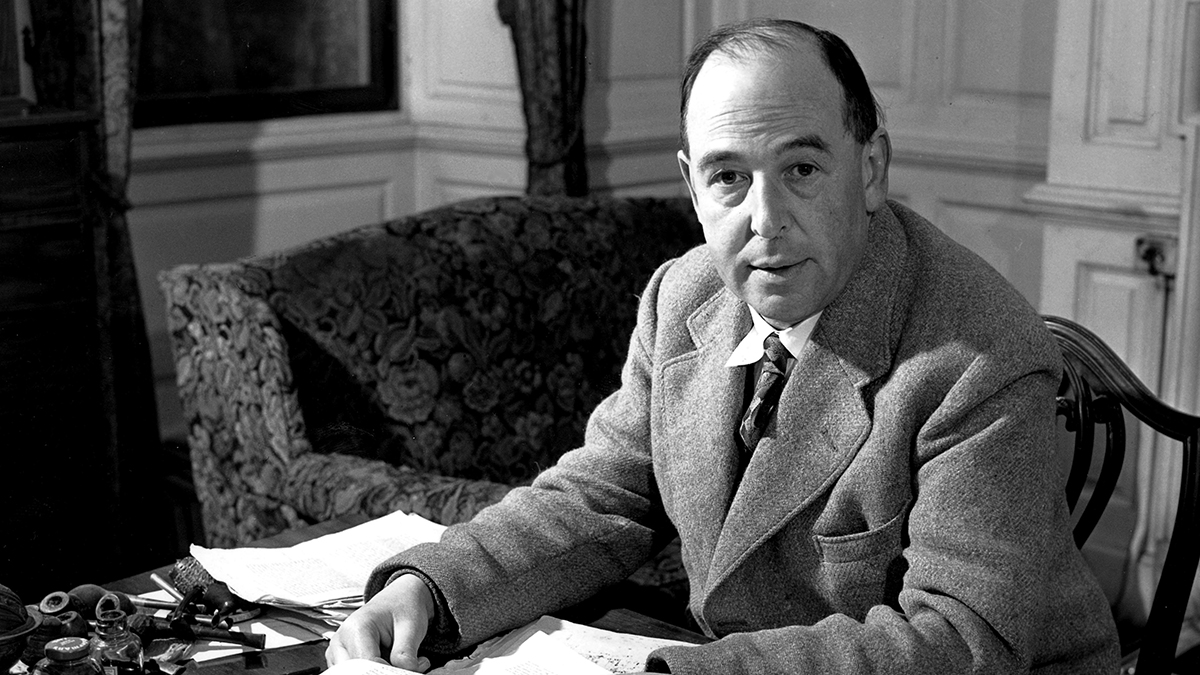In The Hitchhiker’s Guide to the Galaxy, alien visitor to Earth Ford Prefect is puzzled by humans’ habit of constantly stating and repeating the obvious. If they don’t keep on exercising their lips, he thought, their brains start working.
Ford might have noted an analogous habit amongst journalists: if they don’t stop writing endless, vacuous ruminations and prognostications they might shrivel up and die of irrelevance.
This habit is particularly egregious in the wake of the Wuhan pandemic. According to those who prophesise with their pens, the Xi Plague will usher in a new age of community awareness, or a return to old-fashioned values, an end to globalism, a revival of globalism, a “new awakening” of Gaiaist sentiment or…well, whatever particular hobby-horse the writer wishes to push.
But the question of how we should live in a COVID age was answered more than half a century ago, in the face of a far more genuinely existential threat: just as human beings always have.
As you would have lived in the sixteenth century when the plague visited London almost every year, or as you would have lived in a Viking age when raiders from Scandinavia might land and cut your throat any night; or indeed, as you are already living in an age of cancer, an age of syphilis, an age of paralysis, an age of air raids, an age of railway accidents, an age of motor accidents.
In other words, do not let us begin by exaggerating the novelty of our situation. Believe me, dear sir or madam, you and all whom you love were already sentenced to death before the atomic bomb was invented: and quite a high percentage of us were going to die in unpleasant ways[…]It is perfectly ridiculous to go about whimpering and drawing long faces because the scientists have added one more chance of painful and premature death to a world which already bristled with such chances and in which death itself was not a chance at all, but a certainty[…]
Let that bomb [or virus] when it comes find us doing sensible and human things — praying, working, teaching, reading, listening to music, bathing the children, playing tennis, chatting to our friends over a pint and a game of darts — not huddled together like frightened sheep and thinking about bombs [or viruses].
It might at least have been argued that the Bomb was a novel threat. Plagues are not. Even within living memory, pandemics at least the equal of COVID-19 have afflicted the world – and the world carried on as normally as possible.
Why should we now live any other way?
Human life has always been lived on the edge of a precipice … The insects have chosen a different line: they have sought first the material welfare and security of the hive, and presumably they have their reward. Men are different. They propound mathematical theorems in beleaguered cities, conduct metaphysical arguments in condemned cells, make jokes on scaffolds, discuss the latest poem while advancing to the walls of Quebec, and comb their hair at Thermopylae. This is not panache; it is our nature.
Lewis also, almost presciently, had a sharp rebuke to the panicked lemmings shrieking, “Stay home! Save lives!”
Nothing is more likely to destroy a species or a nation than a determination to survive at all costs. Those who care for something else more than civilization are the only people by whom civilization is at all likely to be preserved[…]
Let the bomb [or the virus] find you doing well.
So, there’s my vacuous rumination for you. Now I can go and do something worthwhile, lest I, too, shrivel up from irrelevance.
If you enjoyed this BFD article please consider sharing it with your friends.

